The first jobs of 12 dictators: From Benito Mussolini to Joseph Stalin
From teachers to artists, here's what 13 despots did before they came to power
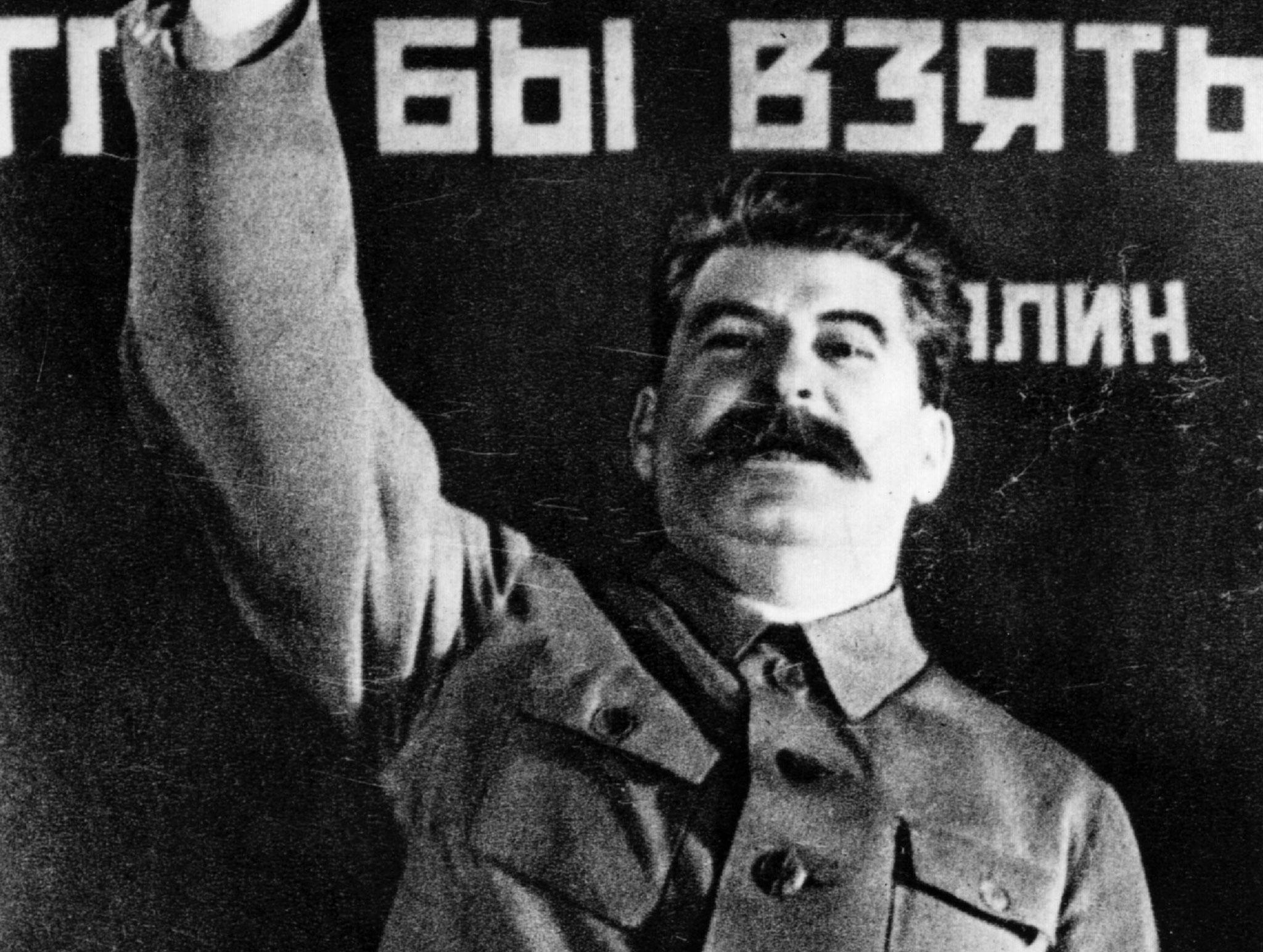
Your support helps us to tell the story
From reproductive rights to climate change to Big Tech, The Independent is on the ground when the story is developing. Whether it's investigating the financials of Elon Musk's pro-Trump PAC or producing our latest documentary, 'The A Word', which shines a light on the American women fighting for reproductive rights, we know how important it is to parse out the facts from the messaging.
At such a critical moment in US history, we need reporters on the ground. Your donation allows us to keep sending journalists to speak to both sides of the story.
The Independent is trusted by Americans across the entire political spectrum. And unlike many other quality news outlets, we choose not to lock Americans out of our reporting and analysis with paywalls. We believe quality journalism should be available to everyone, paid for by those who can afford it.
Your support makes all the difference.Dictators are remembered as larger-than-life political and military rulers.
From teachers to artists, here's what 13 despots did before they came to power.
Editor's Note: The original list included Jozef Tiso, a leading politician of the Slovak People's Party. We removed him from the list.
Italy's Benito Mussolini first worked as schoolmaster, and then turned to political journalism.
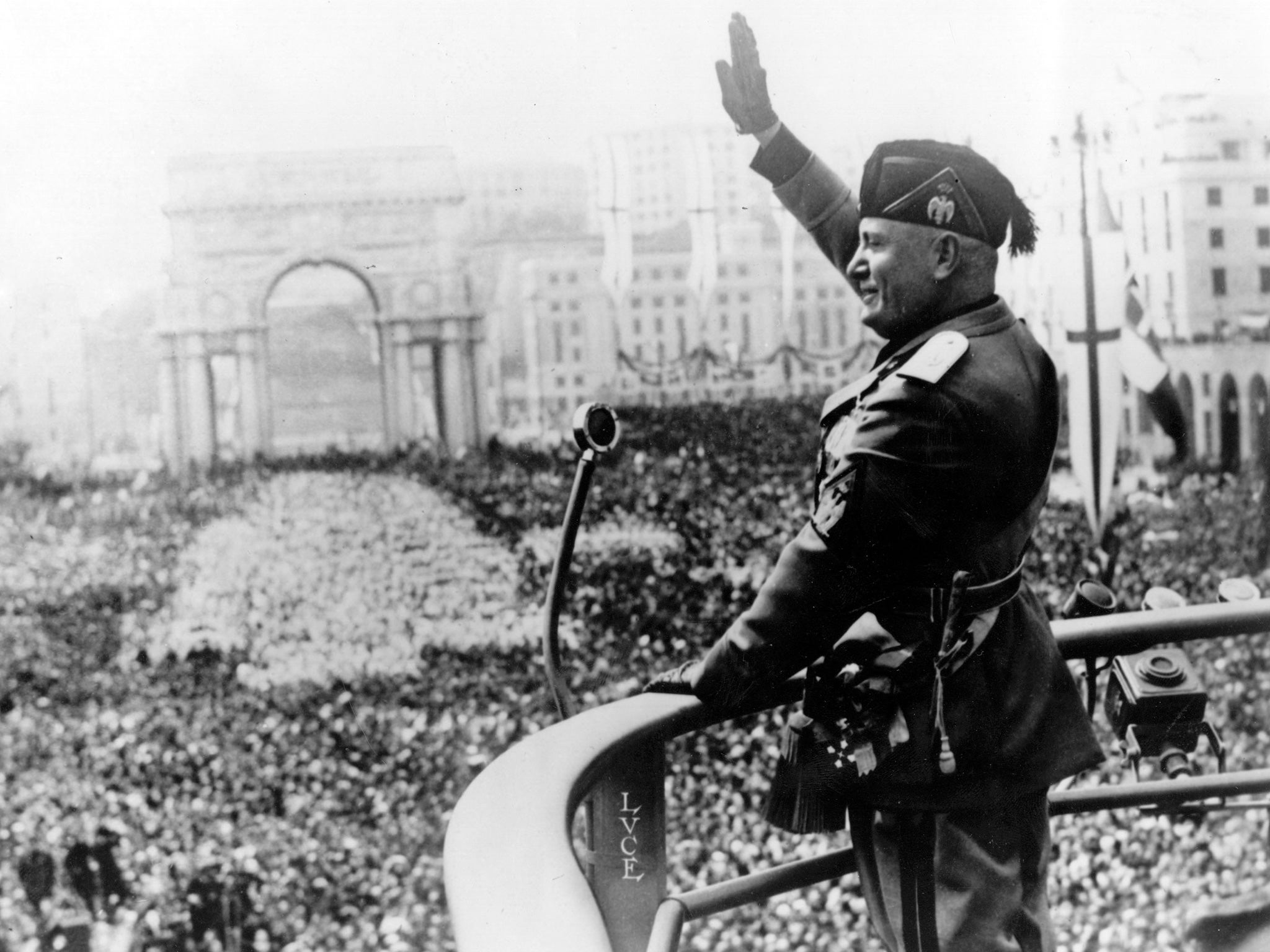
Benito Mussolini “for a time worked as a schoolmaster but soon realized that he was totally unsuited for such work,” according to Encyclopedia Britannica.
He then left Italy for Switzerland where he worked odd jobs until he became well-known as an intellectual political journalist.
Source: Encyclopedia Britannica
North Korea's Kim Il-Sung was a major in the Soviet army during World War II.
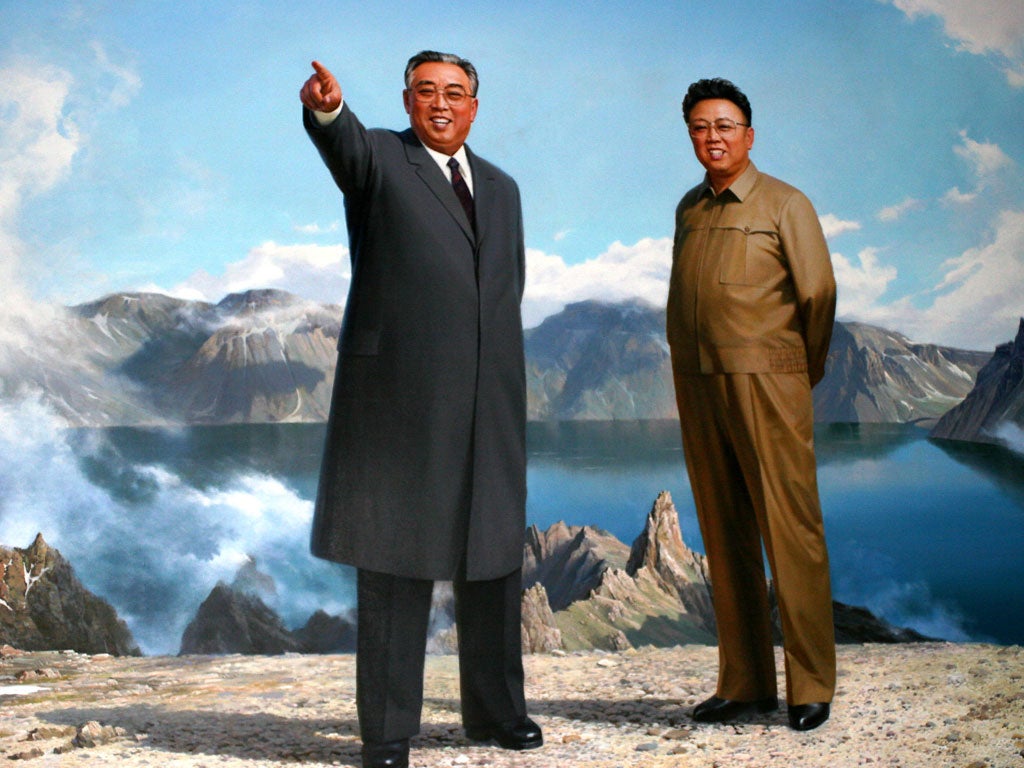
In the 1930's, Kim Il-Sung joined a Korean guerrilla resistance against Japanese occupation.
He later led a Korean contingent as a major in the Soviet Army during World War II.
Source: Encyclopedia Britannica
The USSR's Joseph Stalin studied at a seminary, but later worked as a tutor and clerk after he dropped out.
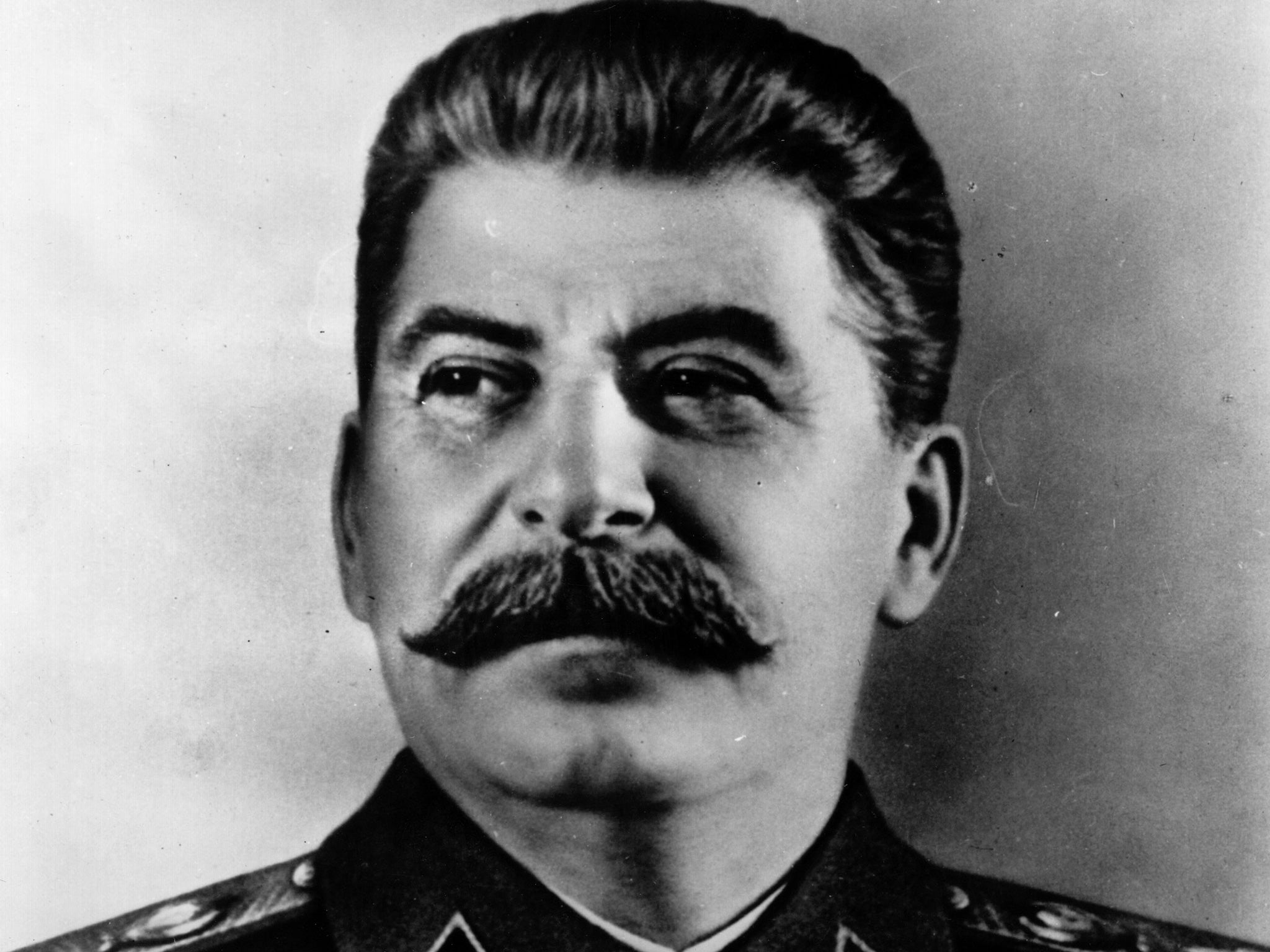
Stalin's religious mother wanted her son to become a priest, and so he attended the Tiflis Theological Seminary. Although he excelled in his studies, he left school in 1899. (Some records say it was because he could not afford tuition, others say that it was due to his anti-tsarist political views.)
He then worked as a tutor and clerk at the Tiflis Observatory.
Source: Biography.com
Germany's Adolf Hitler was a watercolour painter.
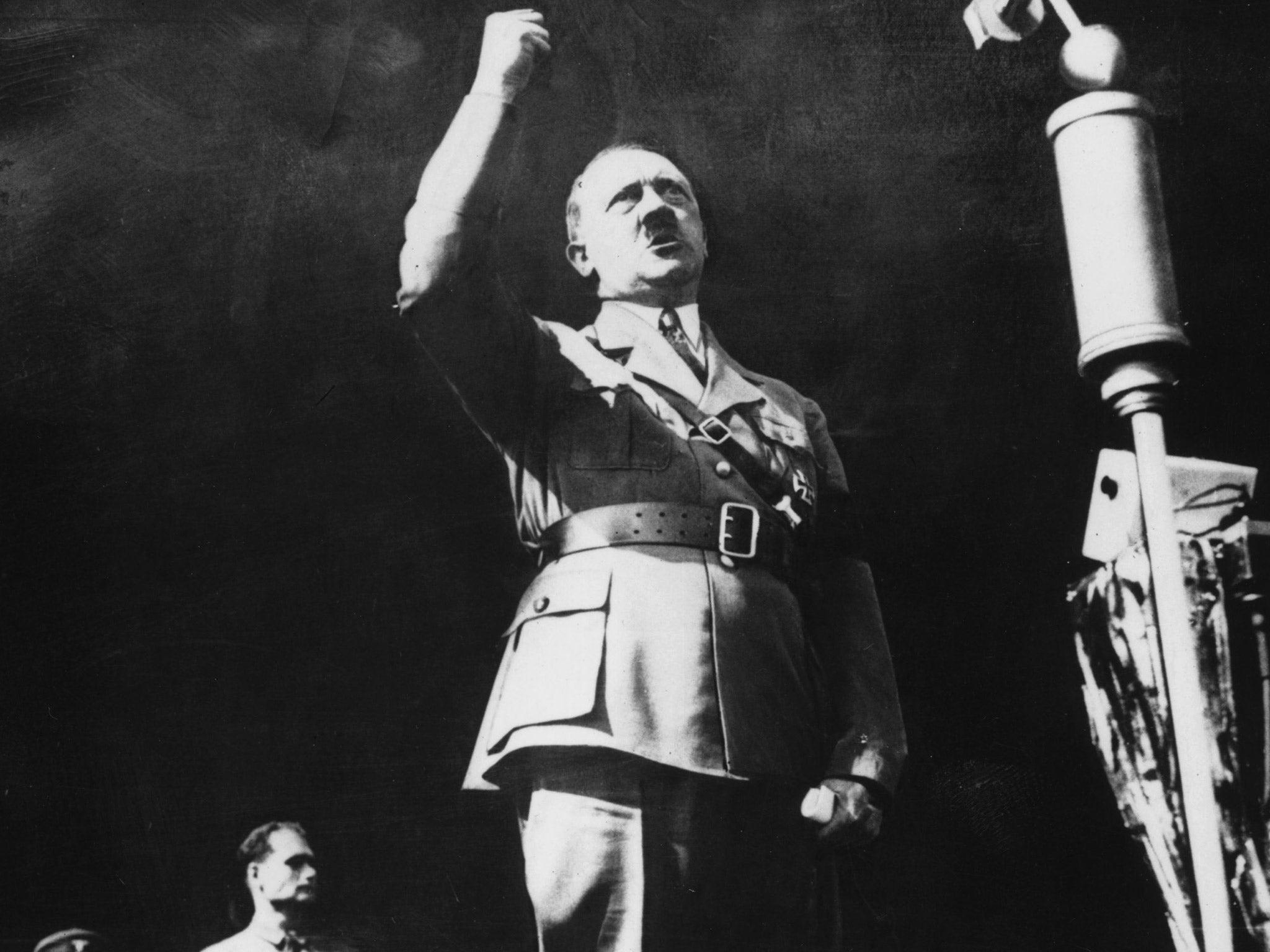
Hitler was interested in fine art, although his father disapproved.
He worked as a casual laborer and watercolor painter in Vienna, but was ultimately twice rejected by the Academy of Fine Arts.
Source: Biography.com
Cambodia's Pol Pot taught history, geography, and french literature at a private school.
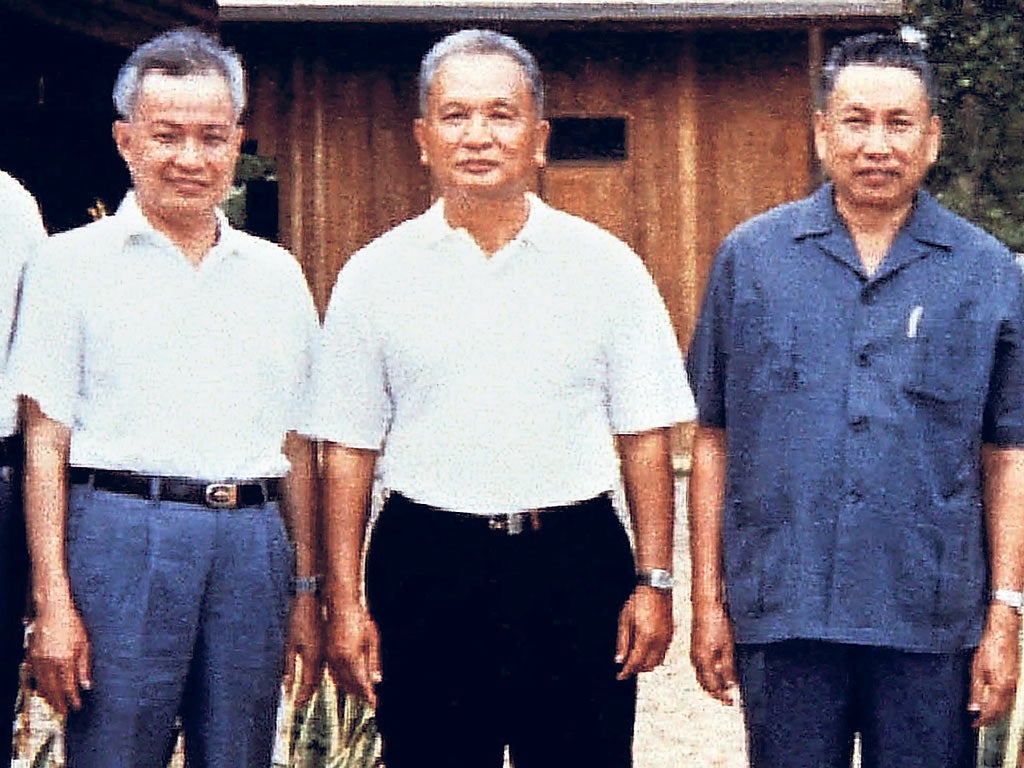
Pol Pot studied radio electronics in Paris on scholarship. However, he spent most of his time involved in revolutionary activities, and his scholarship was nipped in the bud after he failed exams.
He taught at a private school when he returned home.
Source: New York Times
Uganda's Idi Amin was an assistant cook, boxing champion, and talented swimmer.
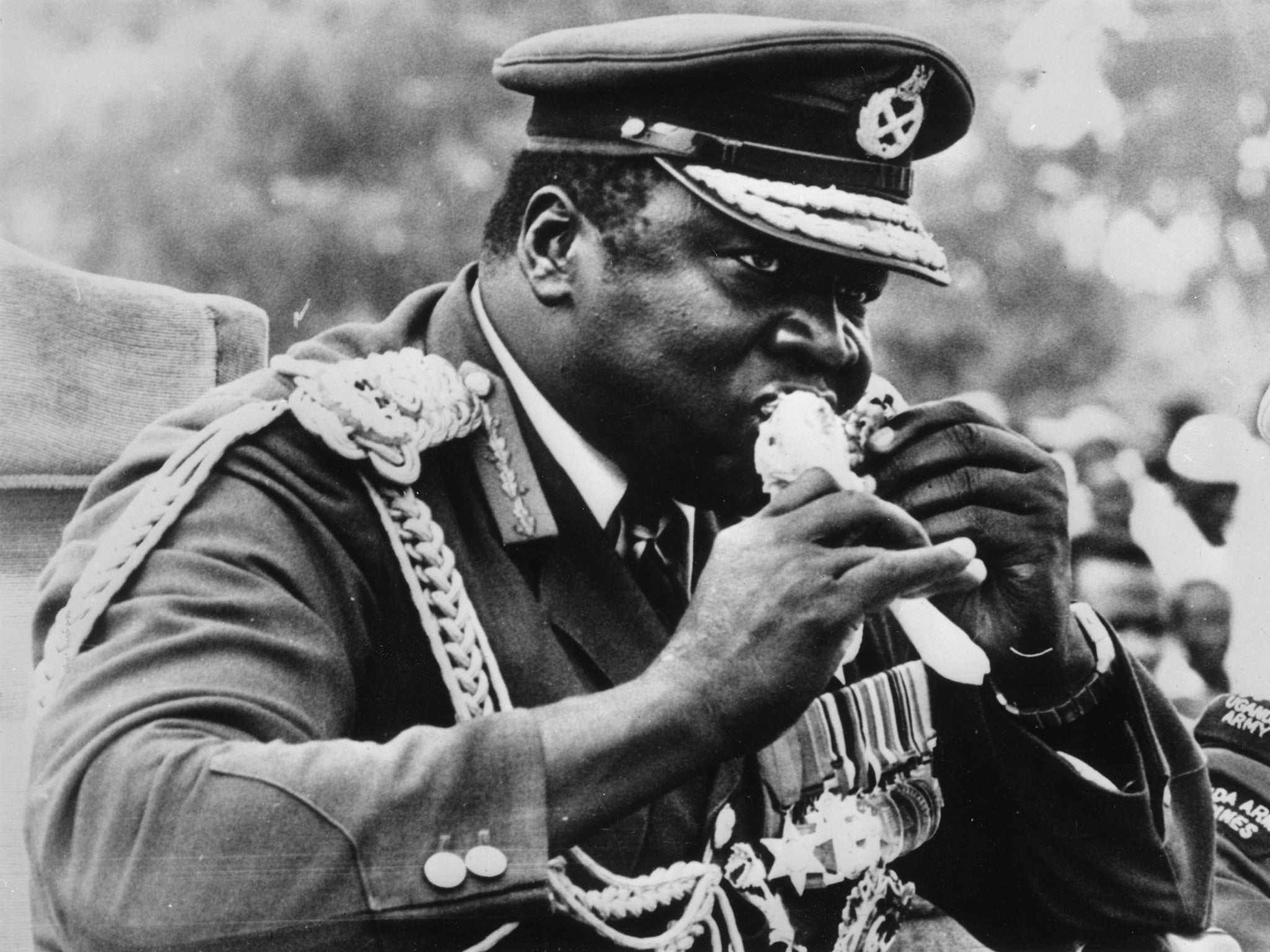
Idi Amin joined the King's African Rifles of the British colonial army in 1946 as an assistant cook.
He was later a light-heavyweight boxing champion from 1951 to 1960, and was reportedly a great swimmer.
Source: New York Times, Biography.com
Haiti's François 'Papa Doc' Duvalier was a physician.
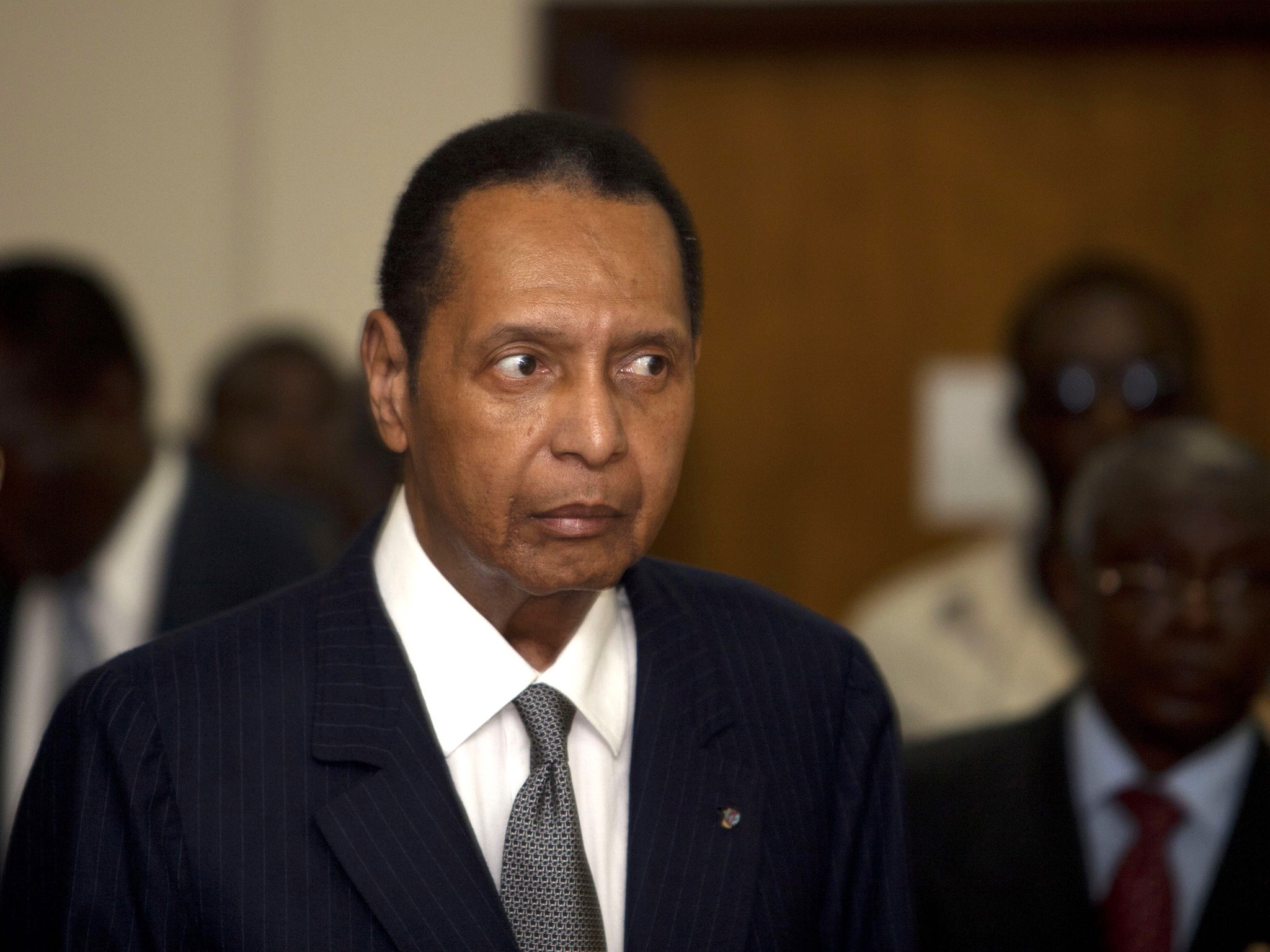
Duvalier graduated from the University of Haiti School of Medicine in 1934. He served as a hospital staff physician until 1943.
Source: Encyclopedia Britannica
Romania's Nicolae Ceausescu started out as an apprentice cobbler.
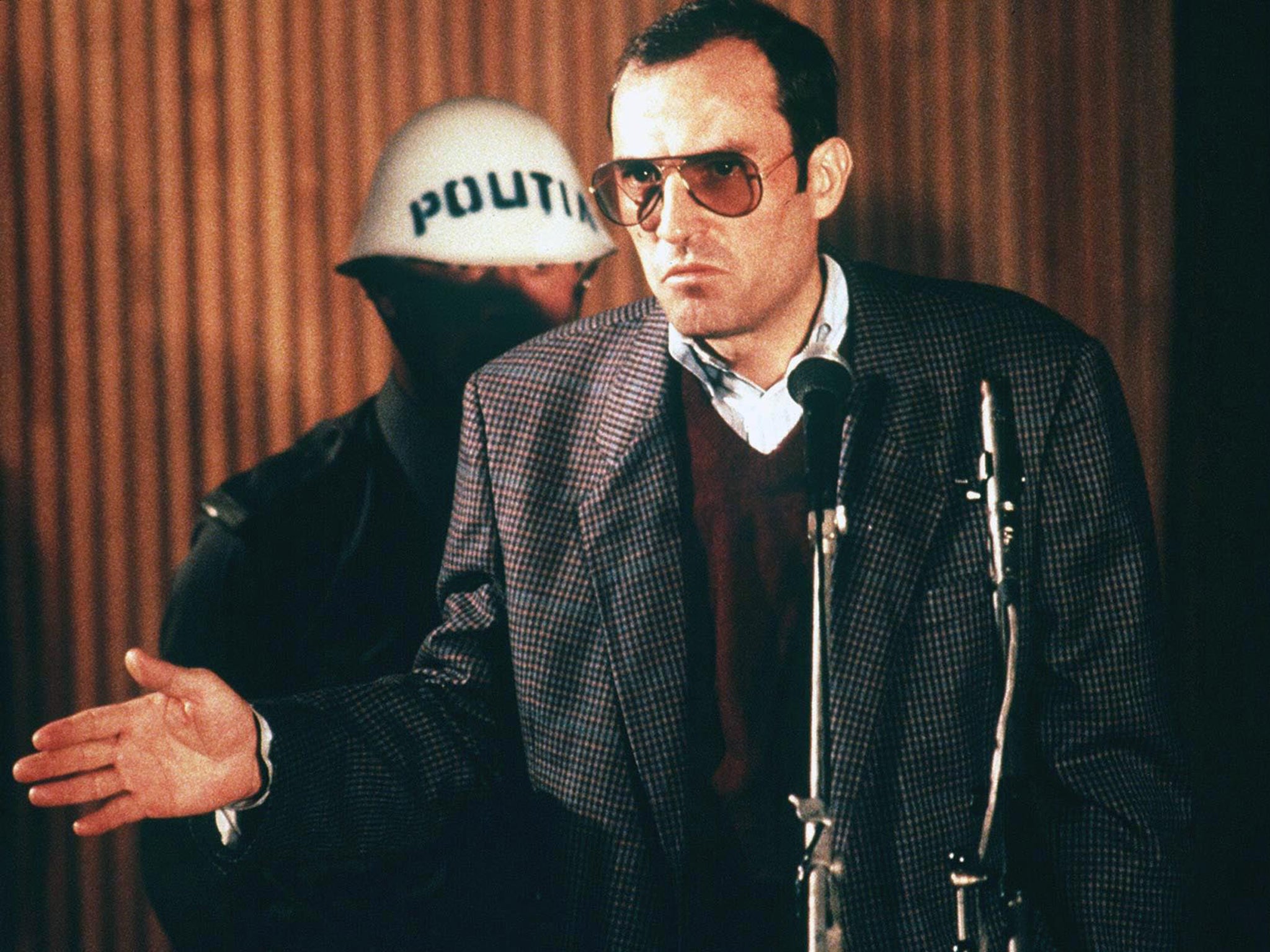
Ceausescu only received an elementary school education. He started out as an apprentice cobbler after he left his village.
Source: Biography.com, Telegraph
Spain's Francisco Franco joined the army and became the youngest captain in the Spanish army in 1915.
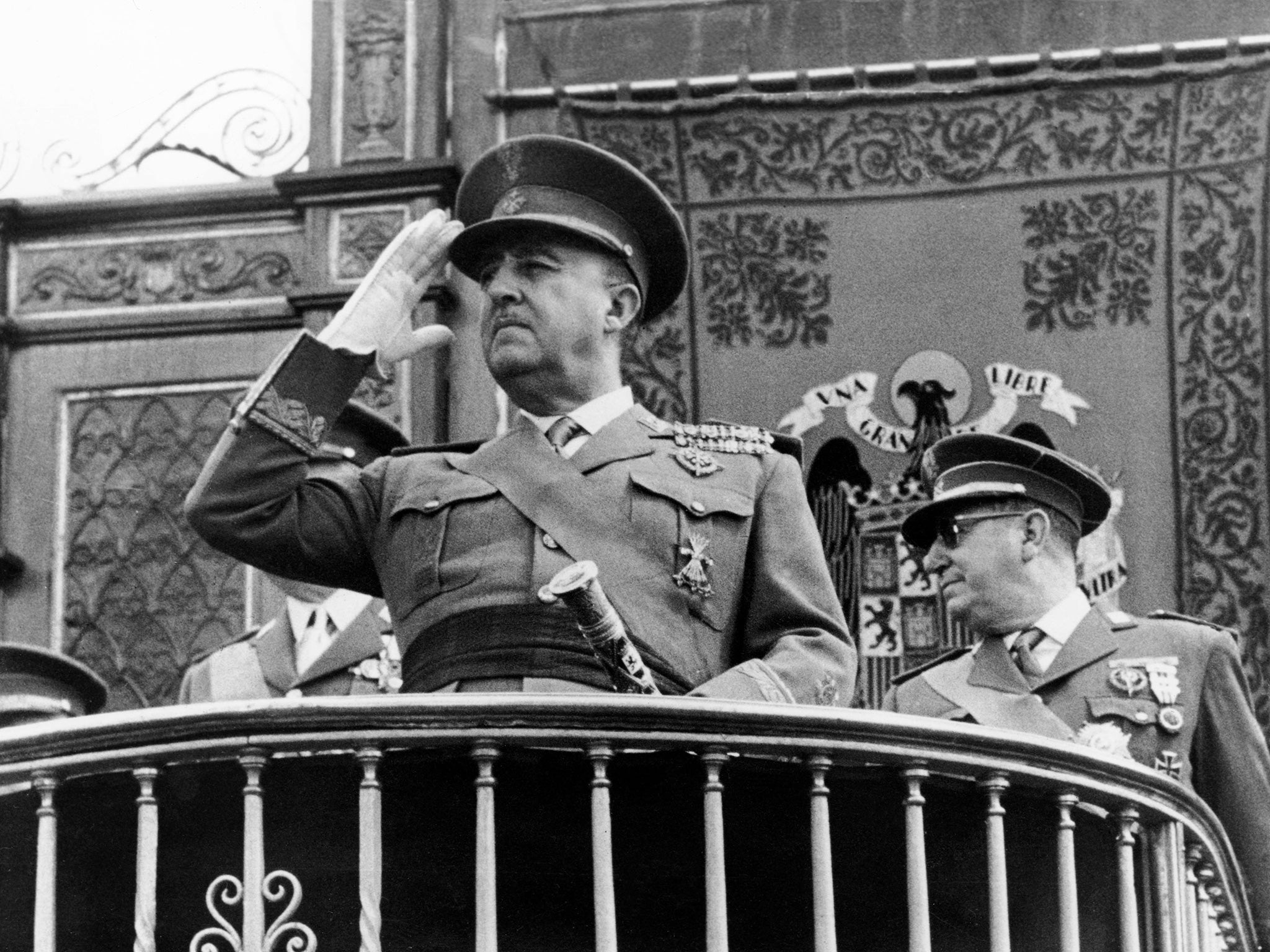
Spain's Francisco Franco joined the army and became the youngest captain in the Spanish army in 1915.
Franco graduated from the Infantry Academy at Toledo, and after that volunteered for active duty in the colonial campaigns in Spanish Morocco.
He “soon won a reputation for complete professional dedication” and “paid more attention than was common to the troops' well-being.” In 1915, he became the youngest captain in the Spanish army.
Source: Encyclopedia Britannica
France's Maximillien Robespierre made good money as a lawyer.
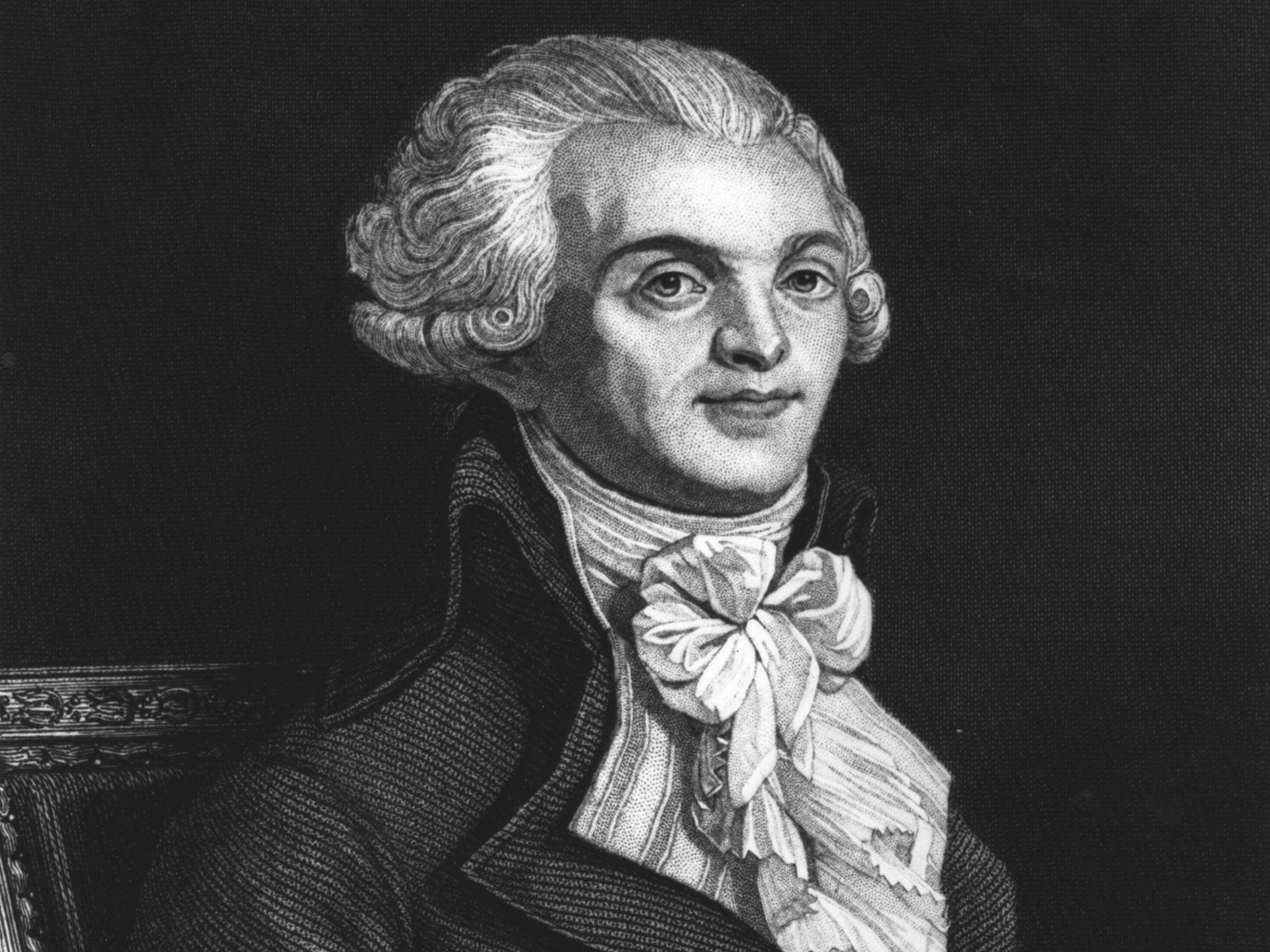
Robespierre was a lawyer, and later appointed a judge at the Salle Épiscopale, a court with jurisdiction over the provostship of a diocese.
“His private practice provided him with a comfortable income,” according to the Encyclopedia Britannica.
Source: Encyclopedia Britannica
Chile's Augusto Pinochet taught geopolitics at a the War Academy.
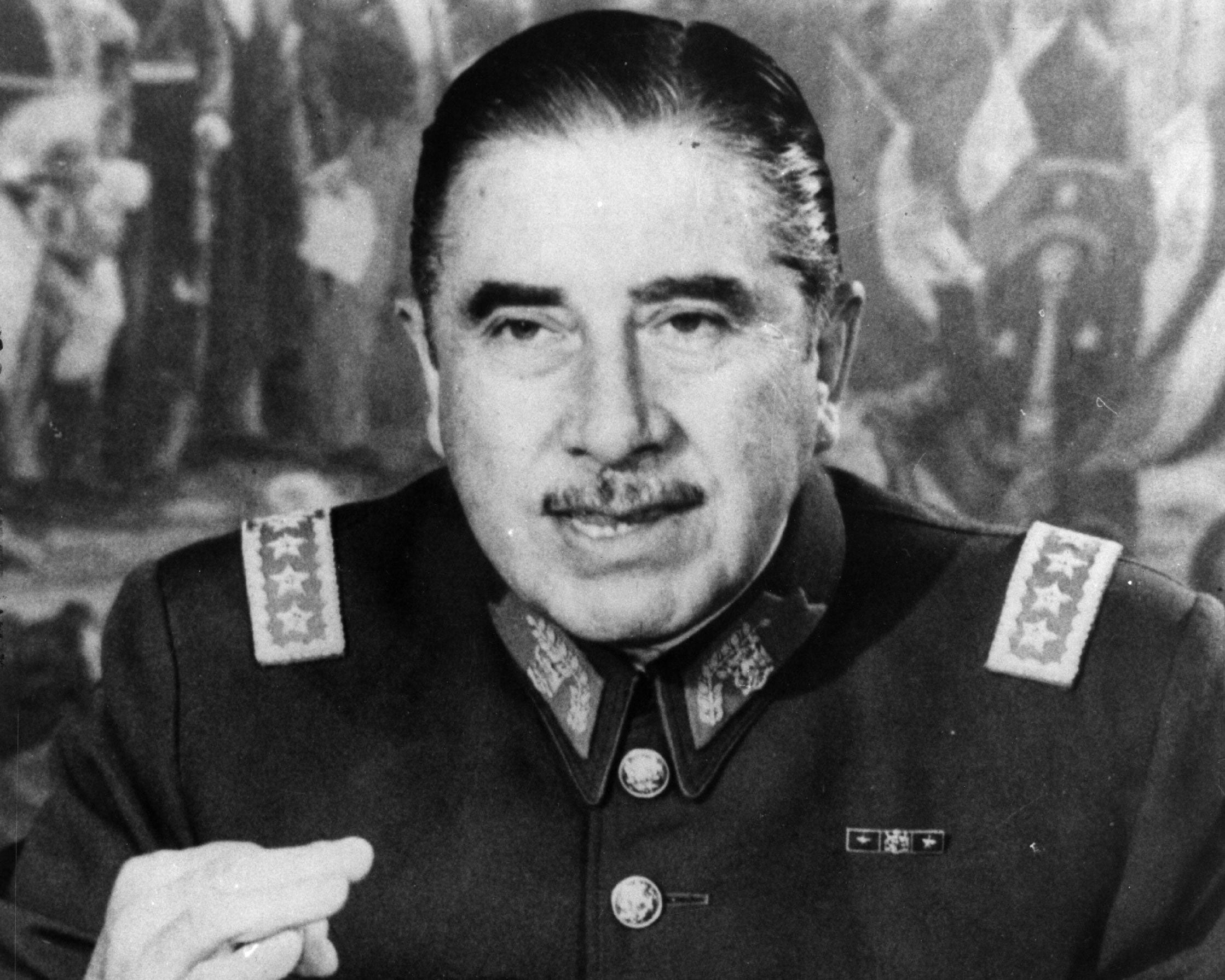
August graduated as an infantry officer in 1937, and later taught geopolitics at the War Academy.
Source: The Guardian
Argentina's Jorge Rafael Videla was in the army.
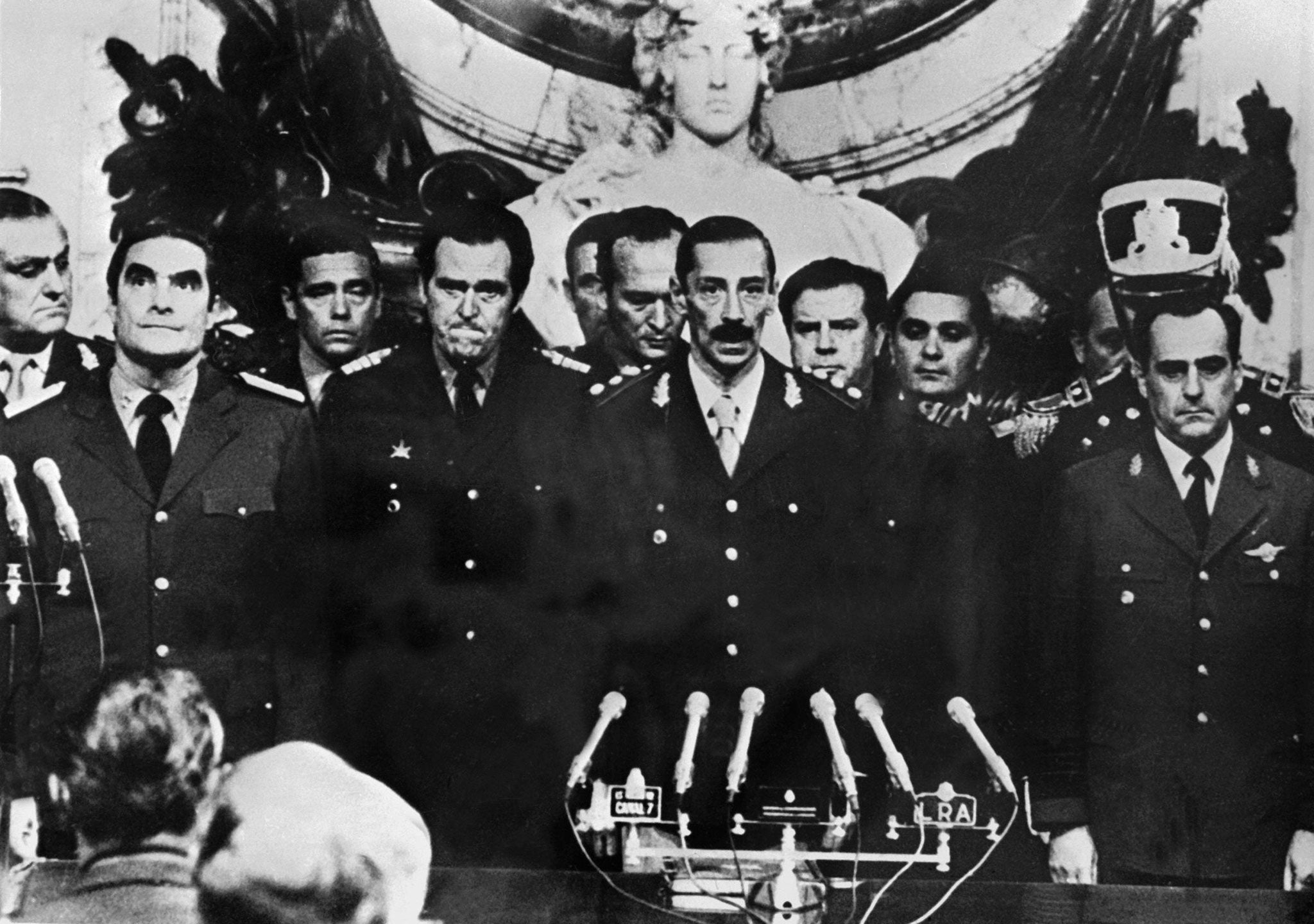
Videla graduated from the National Military College in 1944, and then was commissioned for the Argentine army. He was appointed chief of the Army General Staff in 1973.
Source: Encyclopedia Britannica
Read more:
• Sea levels are rising way faster than they have in the past 2,800 years
• The UK voting to leave the EU 'would open Pandora's box' in Europe
• This financial CEO showed us why Britain's housing market is 'living on the edge'
Read the original article on Business Insider UK. © 2015. Follow Business Insider UK on Twitter.
Join our commenting forum
Join thought-provoking conversations, follow other Independent readers and see their replies
Comments